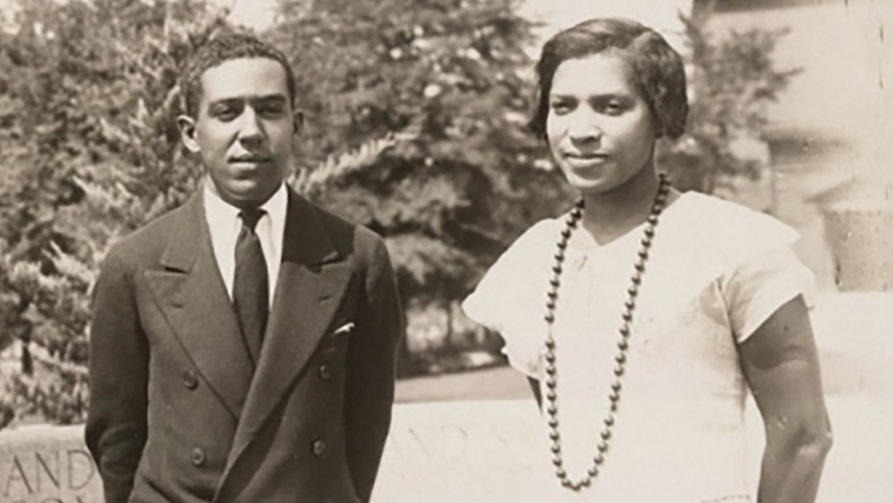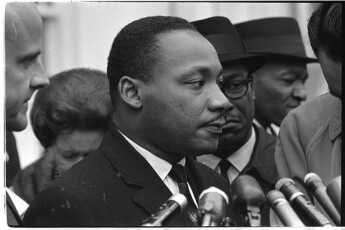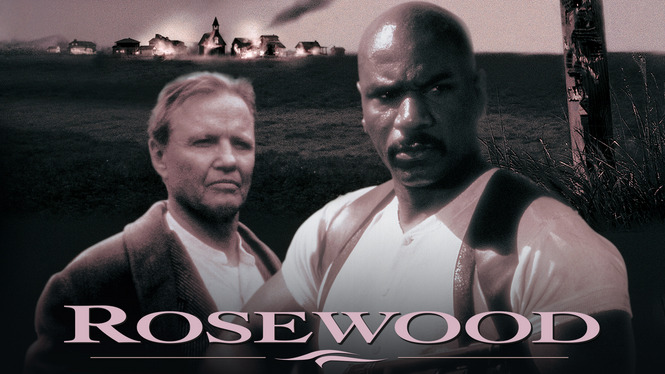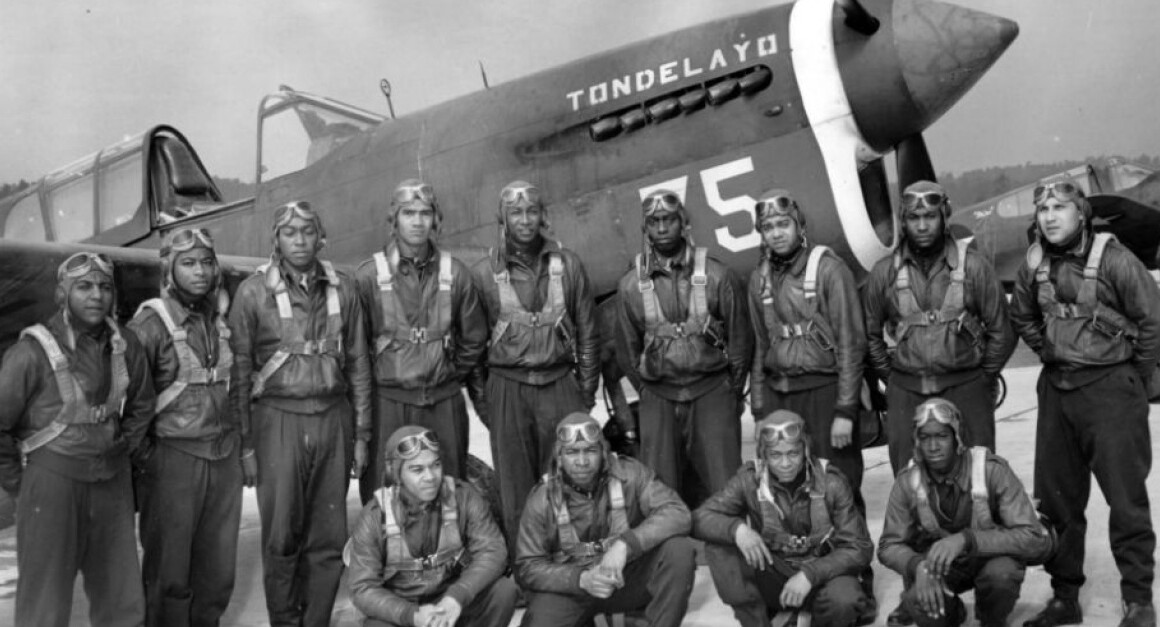
The Harlem Renaissance was a cultural, social, and artistic movement that took place in the Harlem neighborhood of New York City from 1918 to the mid-1930s. It was a time of great change for African Americans, as they celebrated their cultural heritage and sought to challenge the racial prejudices of the time. The Harlem Renaissance had a profound impact on the African American community and American culture as a whole, and its legacy can still be felt today.
The Harlem Renaissance was a response to the difficult economic and social conditions faced by African Americans in the early 20th century. After World War I, many African Americans moved from the rural South to northern cities, including New York City. In Harlem, they found a vibrant community that provided a platform for their creativity and intellectual pursuits.
One of the most significant contributions of the Harlem Renaissance was the explosion of artistic and cultural expression by African Americans. Writers, musicians, artists, and intellectuals of all sorts flocked to Harlem to participate in this new cultural movement. African American literature, music, and art flourished during this time, and many works produced during the Harlem Renaissance are now considered to be classics.
One of the most famous writers of the Harlem Renaissance was Langston Hughes, who was known for his poems that celebrated the beauty and strength of African American culture. Other writers, such as Zora Neale Hurston, Claude McKay, and Jean Toomer, also made important contributions to the literary world during this time. The musical genre of jazz also became popular during the Harlem Renaissance, with musicians such as Duke Ellington, Louis Armstrong, and Bessie Smith creating new sounds that would change the course of American music.
African Americans used the movement to challenge the systemic racism and prejudice faced on a daily basis. We sought to assert our cultural identity and demand equal treatment under the law. Through art, literature, and activism, the Harlem Renaissance inspired a generation of African Americans to fight for their rights and paved the way for future Civil Rights Movements.









